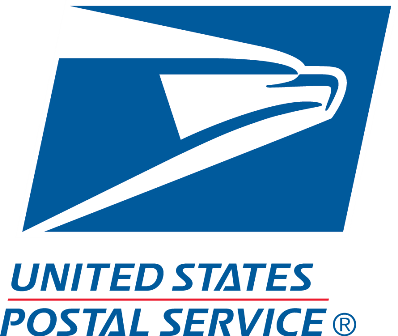Update: We Raised $8M From Our Crowdfunding Campaign And Grew Active Subscribers 150%
This is a follow up story for SelfDecode. If you're interested in reading how they got started, published about 4 years ago, check it out here.
Hello again! Remind us who you are and what business you started.
Hi, my name is Joe Cohen and I’m the founder and CEO of SelfDecode. The company was born out of the journey I went through to decode myself.
SelfDecode provides users with an integrated AI platform that provides personalized health recommendations based on a combination of your DNA, labs, and environmental factors. In addition to providing a direct-to-consumer service, SelfDecode has signed numerous business contracts licensing its technology to a variety of health companies.
I started SelfDecode in 2016 with a mission to make precision medicine standard in the healthcare industry and now we’re providing people and practitioners with all the tools you need to understand risk factors and build a personalized action plan for optimal wellness.
Users are provided with comprehensive genetic reports about their health predispositions, lab test analysis, and tracking tools, and lifestyle assessments to get the fullest picture of their health. Based on these results,...































































